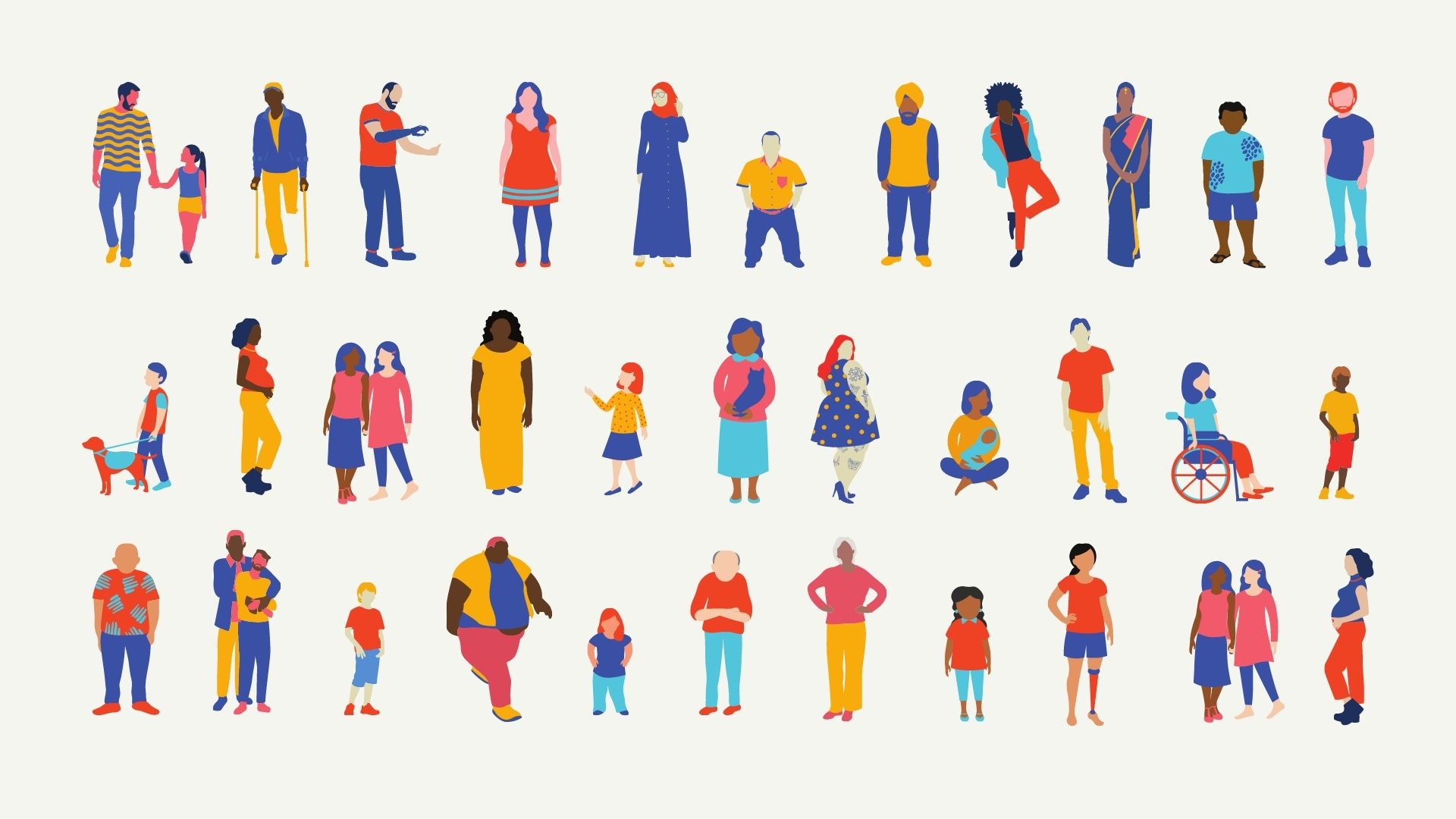Editor’s Note: This is an anonymously written essay taken from Keeping the Faith: Reflections on Politics and Christianity in the Era of Trump and Beyond. Each Friday between now and Election Day 2020, we will be sharing new excerpts from this anthology of dissent.
Disciples of Jesus know that God persistently asks us to consider what we might love more than him. “You won’t sacrifice that, huh? What if I wanted you to?” “You say you won’t live in that place or take that job. How about for me?” “What if I was the one asking you to help that person instead of them?” God always questions the limits of our love so that we might find more of his love, which knows no limits, on the other side. I love this about him [sic].
Unfortunately, I and those like me often find that love for us is beyond those limits. I have a disability caused by a genetic mutation. Throughout my life, when it came to including me in social activities, games and sports, lessons, or job opportunities, there were always friends, coaches, teachers, and employers who shrugged and said it would be too hard. My parents had to fight for me to be in a mainstream school. Friends and dates were tough to find. I’m still working through the insidious anxiety of the constant exclusion, rejection, and doubts about my abilities.
But as disabled people know, being outside the limits of love can get much darker. Over the summer, a woman recorded a conversation she had with a doctor in Texas telling her that the hospital decided to stop treating her husband for COVID-19 because even if the treatment was successful, he would have a low quality of life. Why? He was quadriplegic and had a traumatic brain injury.
The belief among medical practitioners that disabilities detract from the value of life itself is familiar to disabled people. Last year, I went to a new doctor who asked if I was going to have children any time soon. She wanted to inform me that there were treatments nowadays for ensuring that children did not have my condition. I naively asked what the treatment was. It was early detection of the genetic mutation in fetuses, and abortion. Of course. I should have known. One of this doctor’s colleagues once asked me to participate in a survey he was conducting of patients with my condition to assess – what else? – their quality of life.
Experiences like these lead the disability community to almost uniformly oppose physician-assisted suicide. The risk is too high that a doctor will readily believe a disabled person’s desire to die is rational. And in most places, it is only disabled people who can request this treatment, which is discrimination. Everyone else gets suicide prevention. We get assistance.
Abortion raises similar risks. Parents afraid of life with a disabled child opt to terminate. Individual choices add up, decimating whole populations of disabled people. American parents, for instance, abort two-thirds of fetuses diagnosed with Down Syndrome.
Here is where I depart from much of the disability community who believe that the bodily autonomy of pregnant people requires that we should fight discrimination in abortion while keeping it legal. That, too, is a boundary on love. The decision not to allow a life to exist is a determination of that life’s value. This fetus cannot be born because – fill in the blank. The people in that blank aren’t valuable enough to warrant birth.
But valuable to whom? The individual parent might value the life enough to give birth under different circumstances which society prevents. So society’s willingness to invest in those people, the people in the blank, matters.
And here is where I depart from the Republican pro-life movement. They too have borders around their love; a wall, if you will, reinforced with concrete conservative ideology. If, for instance, you think America is both exceptional and a meritocracy, then why invest in anyone? An individual’s poverty is nothing more than their failure to avail themselves of the opportunities America offers. Their anxiety about how they will raise a child betrays their lack of faith because in all things, America works for our good. If they choose abortion, they, or their doctor, or someone deserves punishment. Trump knows his Christians think this way. They will not connect his desire to slash benefits, increase policing, segregate public and private housing, heap scorn on vast swaths of people, or any number of other issues to parents calculating whether they want to raise a child in this world.
The only way that anyone seriously argues Trump is pro-life is by pointing to the Supreme Court. But overturning Roe v. Wade will likely have a marginal impact on the abortion rate, which in any case has “been plunging since 1990.”
So, how do you fight for life? Invest.
Invest your prayer, your money, your time, and your love in vulnerable people. Fight for disability rights and disability pride so expecting parents won’t be afraid after a diagnosis (and so we won’t have so many bigoted doctors). Do everything you can to make sure people have housing, and food, and mental health care, and regular health care, and money; lots of money. Stop demeaning people. Shout “Black lives matter!” from the rooftops. And listen; for God’s sake, listen to people whose lives are not like yours. Then fight alongside them. If your politics or your feelings give you pause here, I hope you reconsider the line you’ve drawn.

